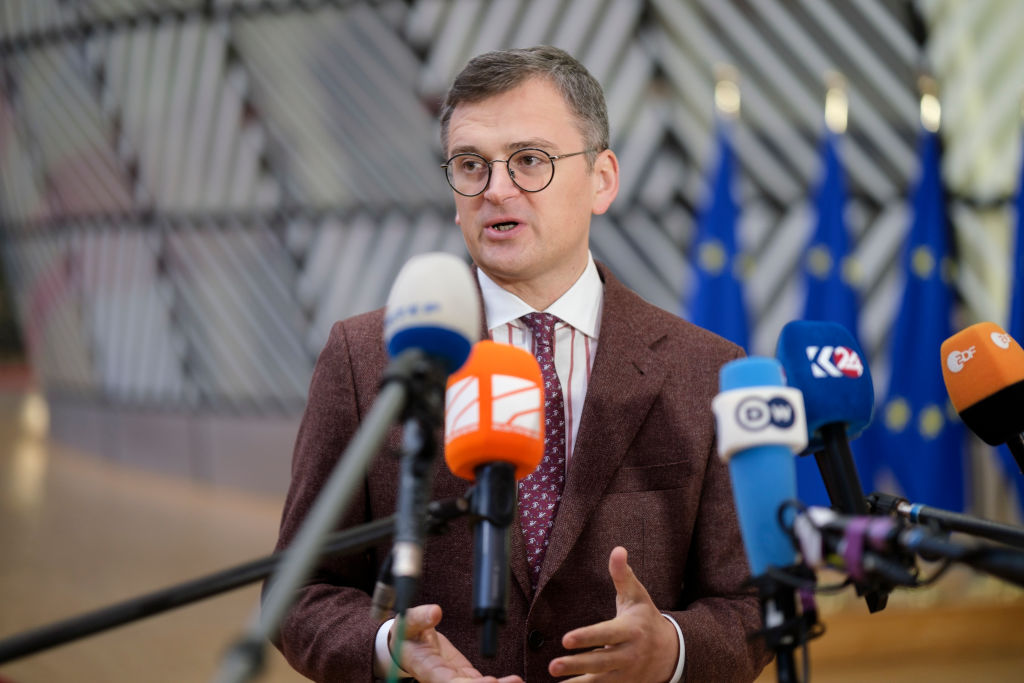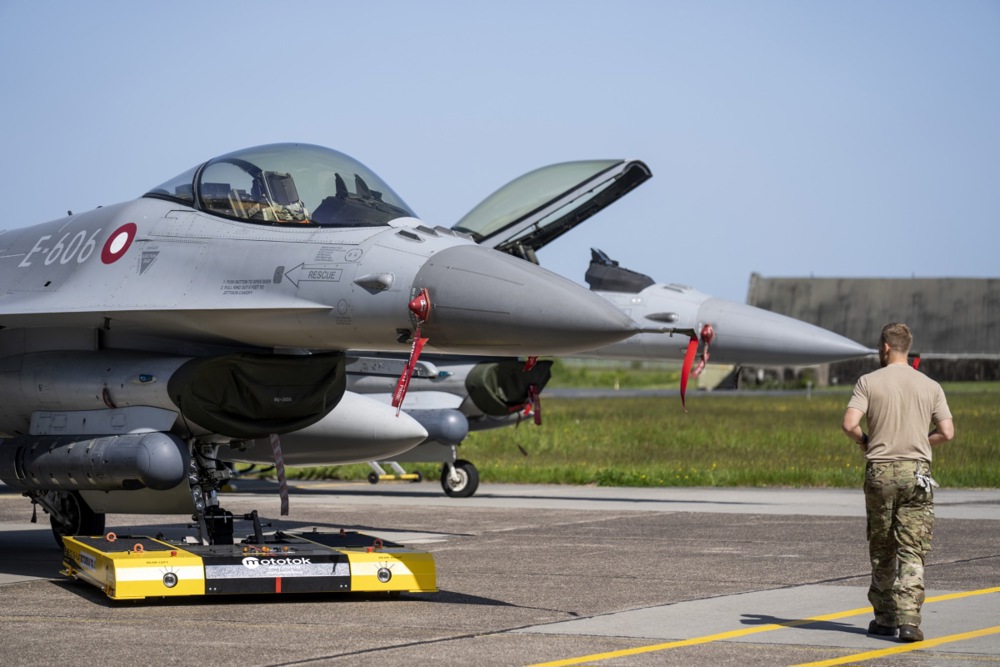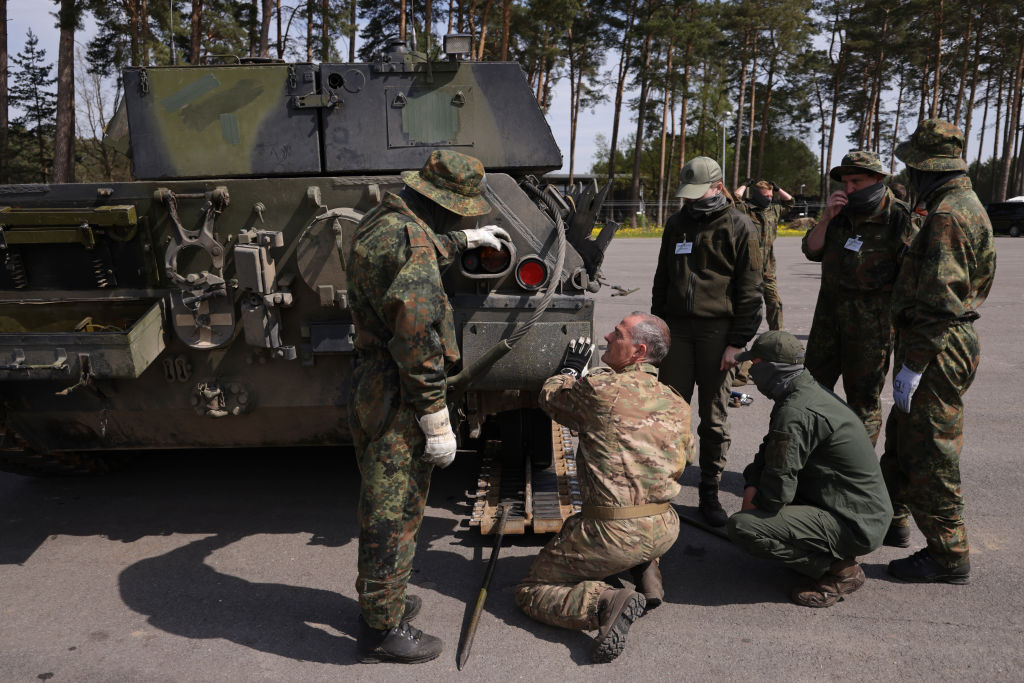Hungarian Prime Minister Viktor Orbán has claimed he pushed for Ukraine to join NATO in 2008.
In an interview with the former chancellor of Austria, Wolfgang Schüssel, Orbán insisted he was among the earliest to back Ukraine joining the bloc, doing so amid Russia’s invasion of Georgia that year.
Orbán added that NATO’s refusal to admit the country represented a missed opportunity and that Russia was now powerful enough to block any hope of Ukraine joining it and, by extension, the European Union.
“As a politician, you know that there are crucial windows of opportunity in politics, and such an opportunity arose until 2008, when Russia was too weak to block NATO expansion that also included Ukraine,” Orbán told the former Austrian leader.
“We failed to successfully complete the accession negotiations with Ukraine and Georgia, thereby losing Ukraine’s prospects as a future member of the European Union and NATO,” he added, noting that Russia had only “continued to grow in strength” since then.
Orbán argued that Europe now needed to focus on rebuilding its own strength in the hope of posing a greater “challenge” to Moscow. He added that, at present, he felt the bloc was not “strong enough to be taken seriously by the Russians”.
Schüssel countered, claiming it was not too late for Ukraine to join either NATO or the EU and that the West should do everything in its power to make sure those two things happen.
“We can’t just stand by and do nothing if Russia grabs Ukraine unhindered,” he said.
“Ukrainians sacrifice their lives for their country, for their independence, for their freedom and for Europe. They are fighting for their dream of a European life.”
“We must not let this dream perish.”
Orbán rejected that, saying the best Ukraine could hope for was to serve as a “buffer zone” between Russia and the West.
“If this fails, Ukraine will lose its land. The Russians will destroy Ukraine again and again and again,” he said.
“Russia will never accept an EU and NATO member like Ukraine on its doorstep. Never.”
Hungary’s Prime Minister Viktor Orbàn was finally convinced to give his backing to a €50 billion EU aid package for Ukraine during Thursday's European Council meeting. Here are the details ⬇️ https://t.co/l2dYnkp2dR
— Brussels Signal (@brusselssignal) February 1, 2024
The two also sparred over the possible impact the forthcoming US elections may have on Europe.
Schüssel contended that the recent Democratic Party administrations had been “positive” for the EU and President Joe Biden had been a strong ally for Brussels, especially regarding Ukraine.
Orbán took a more sceptical viewpoint, saying instead it was far easier to deal with Republican politicians such as Donald Trump, with the ‘America First’ mindset being easier to tackle.
The Hungarian leader’s assessment of a second Trump presidency was not entirely positive, with Orbán agreeing with Schüssel that Trump’s nativist leaning would likely prove damaging to Europe financially.
“Economically it will not be easy because he will use all state instruments to support American companies and attract European capital. This is already happening now,” he said.
Orbán seemed to express disappointment in how Brussels was currently handling its trade disputes with the US, accusing the EU of taking too soft an approach in dealing with the issue.
He argued the EU should be streamlined to better combat such situations.
“One of the reasons for our weakness is that the European Parliament is not functioning today,” he said.
“It’s a madhouse.
“We should consider returning to the previous system whereby national parliaments send their representatives to the European Parliament instead of holding direct elections.”
The Hungarian leader also expressed support for expanding the EU, pushing for the admission of much of the Western Balkans into the bloc.
He added that such additions must be made before the possible inclusion of Ukraine.
“We must complete the old enlargement task before starting the new enlargement with Ukraine,” he said, adding that the EU was already “at risk” of losing the likes of Serbia to China.
“If we don’t integrate Serbia as quickly as possible, we will lose it.”
Poland’s Conservative (PiS) party has declared it is open to the idea of Hungary’s ruling Fidesz, led by Prime Minister Viktor Orbán, joining the European Conservative Reformers (ECR) group in the European Parliament. https://t.co/xXJkt5UPwU
— Brussels Signal (@brusselssignal) February 1, 2024





